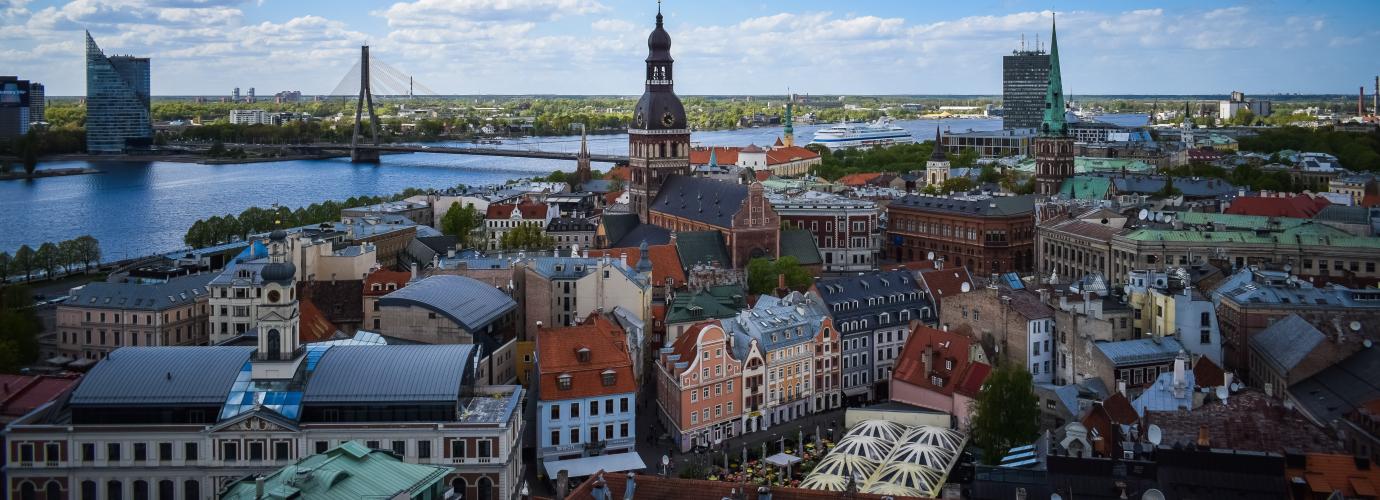Curriculum, subjects, number of hours
Fields of studies in vocational educational institutions (profesionālās izglītības iestādes) may cover:
- general education,
- humanities and art,
- social sciences, business and law,
- physical sciences, mathematics and IT
- engineering and manufacturing,
- agriculture,
- health and welfare,
- services (for example, personal services, such as hotel, restaurant, beauty treatment etc., transport services, environmental protection and civil and military defence).
It is possible to acquire about 220 specialities in vocational education institutions of Latvia. If a student decides to change specialisation, he/she may meet a necessity to start studies anew, as subjects may differ essentially (however, those of general education may be recognised). Each case is considered and addressed individually.
The content of vocational upper-secondary education consists of the following elements:
- theory – the content of general and vocational education and subjects in conformity with the education programme;
- practice – practical and laboratory works, manual training and practice for qualification.
Ratio of theory and practice in vocational secondary programmes is 50/50.
Compulsory subjects include:
Languages and communicative sciences:
- Latvian
- Foreign language(s)
Mathematics, natural and technical sciences:
- Mathematics
- Applied Informatics
Social sciences and culture education:
- History
- Basics of business
- Sports
The Regulations regarding the State Vocational Secondary Education Standard and the State Industrial Education Standard (2020) and the respective education programmes determine subjects, practical lessons and the content of qualification practice.
Teaching methods and materials
Teachers of vocational upper-secondary schools are free to choose teaching methods and teaching materials to achieve the aims and tasks pointed out in the education programme. In teaching general and specialized subjects the methods include individual work, group work, projects, laboratory works, exercises, discussions and practice within enterprises.
From school year 2013/2014, vocational education institutions (under the supervision of the Ministry of Education) initiated the implementation of the elements of the dual vocational education system, thus providing for a much larger share of practical training in companies and greater involvement of entrepreneurs in the learning process.
Parents and students don't need to purchase teaching materials; they only need to purchase individual education materials for personal everyday use of students (bags, footwear, writing utensils etc.). The state is responsible for ensuring optimal education standards by funding education literature, methodical guidelines, additional literature and digital and electronic education materials. Municipalities have to provide education materials (textbooks, workbooks) that are necessary for use by the schools, ensuring a modern education environment.

